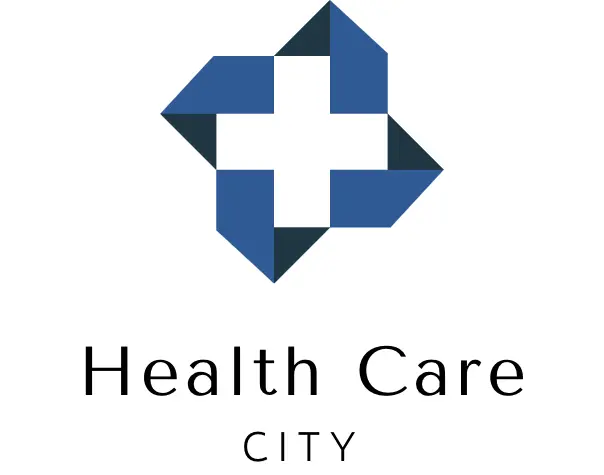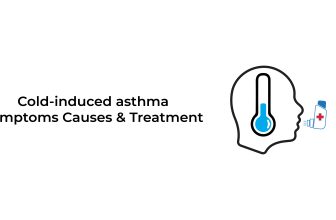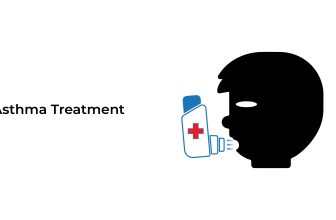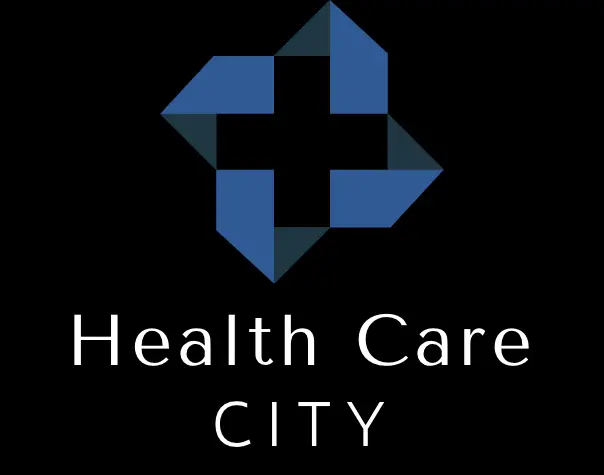In asthma, the airways of the patients get swollen and narrow and produce extra mucus, causing difficulty breathing, whistling, and coughing. During Childhood Asthma, the airways in a child’s lungs become inflamed when triggered by cold, pollens, and other respiratory infections.
These triggers cause problems for children while playing, during School, and sleep. Childhood Asthma can occur at any age, but primarily it affects children after age 5. Childhood Asthma is the same disease that adults have, with different symptoms, and is also known as Pediatric Asthma.
Types of Childhood Asthma
Types of Childhood Asthma are the following:
- Allergic Asthma: Asthma caused by different allergens, such as dust, pets, mold, pollen, and pests waste, is allergic asthma in children.
- Non-allergic Asthma: Asthma that is caused due to certain environmental factors such as certain medication, cold air breathing, chemical, air pollution, or tobacco smoke is Non-allergic Asthma in children.
- Exercise-induced asthma happens during physical activities, especially when the air is dry.
Causes of Childhood Asthma
Some of the common causes of childhood Asthma are the following:
- Infection in airways: Infections such as cold, pneumonia, and sinus infection can also cause Childhood Asthma
- Irritants: Certain irritants in the air such as pollution, chemicals, smoke, and different odors can irritate airways.
- Stress: Extreme stress destroys mental health and affects a person’s physical health. Stress can cause shortness of breath, resulting in asthma.
- Allergens: If the child is allergic to pollen, mold, cockroaches, dust mites, and pet dander. These allergies can also trigger asthma.
- Family history: If the parents are suffering from Asthma disease. There is a chance that children also develop this problem in their Childhood.
- Infection in the airway: Any type of airway infection in a child that develops at a very young age and is not treated correctly can also result in asthma.
- Physical activities: Heavy exercise can also trigger asthma.
- Immune system sensitivity: If the kid’s immune system is sensitive to specific triggers, the kid is also repeatedly exposed to those triggers. This situation causes the lungs and airways to swell and produce more mucus, resulting in asthma.
Symptoms of Childhood Asthma
Every child has different signs and symptoms of Childhood Asthma. The symptoms of this disease vary from mild to severe condition. Signs and symptoms of childhood Asthma are the following:
- Extreme cough, especially at night or early morning
- Cough getting worse day by day due to viral infections
- Difficulty in playing sports and doing activities
- Tightness or chest pain
- Shortness of breath
- Weakness in the body
- Difficulty in eating or grunting
- Whistling or wheezing sound while breathing
- Retractions in breathing
- Tightness in neck and chest muscles
- Rapid breathing
- Fatigue
- Less energy while playing or other physical activities
- Severe cough during playing, laughing, crying, during exercise, or in cold air
When to visit a doctor
Take your child immediately to the doctor if you observe the abovementioned symptoms. Early medication and treatment help your child get relief from the symptoms and Asthma Attacks. Your child needs emergency care in the following cases:
- If your child widens nostrils while breathing
- Use abdominal muscles for breathing
- Facing enough difficulty in breathing that their abdomen sucked under the ribs while breathing
- Stopping between the sentence to catch the breath
Diagnosis of Childhood Asthma
During diagnosis, the doctor may ask for the following things and order the following tests:
- During diagnosis, the doctor may ask you or your child about the symptoms of the disease. He also asks about the family history of allergies, eczema, asthma, and lung disease. He also asks about the child’s medical history and when and how this disease happens.
- He may also conduct a physical exam; he may listen to the heart and lungs of your child. He also looks into the eyes and nose of your child to notice the signs of allergies.
- The doctor may order different tests such as chest X-rays for a complete diagnosis. If the child is six years old, the doctor may also request a simple lung test spirometry to measure the air your child inhales or exhales during breathing. Other tests such as allergy skin testing, blood tests, and X-rays can also be conducted to determine asthma triggers.
Treatment of Childhood Asthma
Childhood asthma treatment is usually based on your child’s age, symptoms, general health, and severity. The treatment also includes finding and avoiding asthma triggers, medication, and lifestyle changes. Get treatment from an expert pulmonologist or allergist for your child.
- Use strategies to avoid triggers: Give your child a neat and clean atmosphere, and don’t allow anyone to smoke or use tobacco near your child.
- Use of short-term relief medication: Bronchodilators (beta-agonists) are the best medication to relieve for a shorter period of bronchial Childhood asthma. Other drugs, such as steroids in either oral or injectable form, can help get short-term relief from asthma. The use of Inhalers having inhaled steroids and a long-acting bronchodilator (formoterol) in it is the best way to get relief from Asthma attacks for a shorter time.
- Asthma Control medication: Asthma control medication such as inhaled steroids, Asthma biologics, Anti-leukotriene, Long-acting muscarinic antagonists, inhalers with inhaled steroids, and long-acting bronchodilators are helpful to get permanent relief from Asthma Attacks.
- Immunotherapy: Immunotherapy is also used for specific allergies to get relief from asthma.
The prognosis is poor, and its symptoms remain in the body also in adulthood. But the proper treatment on time helps control symptoms and prevent further lung damage.
Risk Factors of Childhood Asthma
Some of the risk factors for childhood Asthma are the following:
- Obesity
- Being male
- Living in an area having high-level pollution
- Family history of asthma
- Exposure to the tobacco smoke
- Already having allergic reactions such as food allergies or skin allergies
- Respiratory infections such as sinusitis, pneumonia, and running or stuffy nose
- Heartburn(gastroesophageal reflux disease or GERD)
Complications
If childhood Asthma is not treated at the proper time, it can cause certain complications such as:
- Severe Asthma Attacks and longtime admitted to hospital due to these attacks
- Difficulty in attending School properly
- Impossible to do any physical activity
- Lung infection and airway damage
- Anxiety, depression, and stress
- Puberty and growth delay
- Extreme Fatigue and poor sleep
- Death
Preventions
Avoiding Asthma triggers and careful planning are the best ways to prevent Asthma Attacks:
- Need to limit the exposure to Asthma triggers
- When the Asthma attacks are under control, start some healthy physical activity with your child
- Visit the once a week or once a month
- Maintain a healthy weight for your child
- Keep acid reflux or severe heartburn under control
- Don’t allow anybody to smoke around your child
Reference list
- https://www.mayoclinic.org/diseases-conditions/childhood-asthma/symptoms-causes/syc-20351507#:~:text=Overview,%2C%20sports%2C%20school%20and%20sleep.
- https://www.webmd.com/asthma/children-asthma
- https://www.hopkinsmedicine.org/health/conditions-and-diseases/asthma/asthma-in-children
- https://medlineplus.gov/asthmainchildren.html
- https://www.mayoclinic.org/diseases-conditions/childhood-asthma/symptoms-causes/syc-20351507





